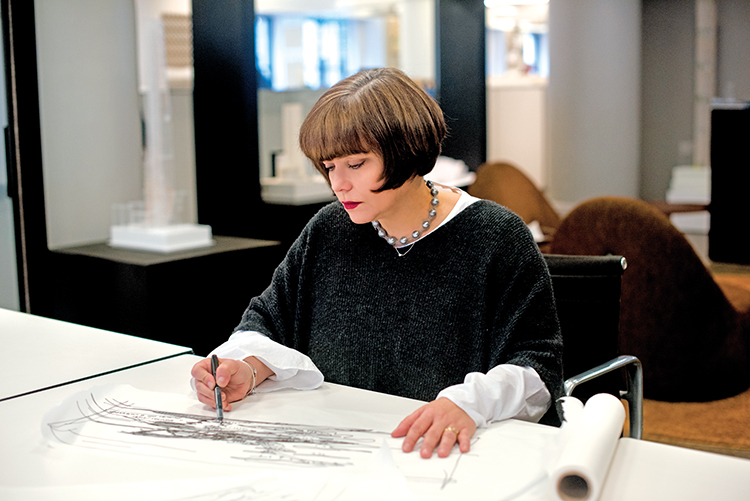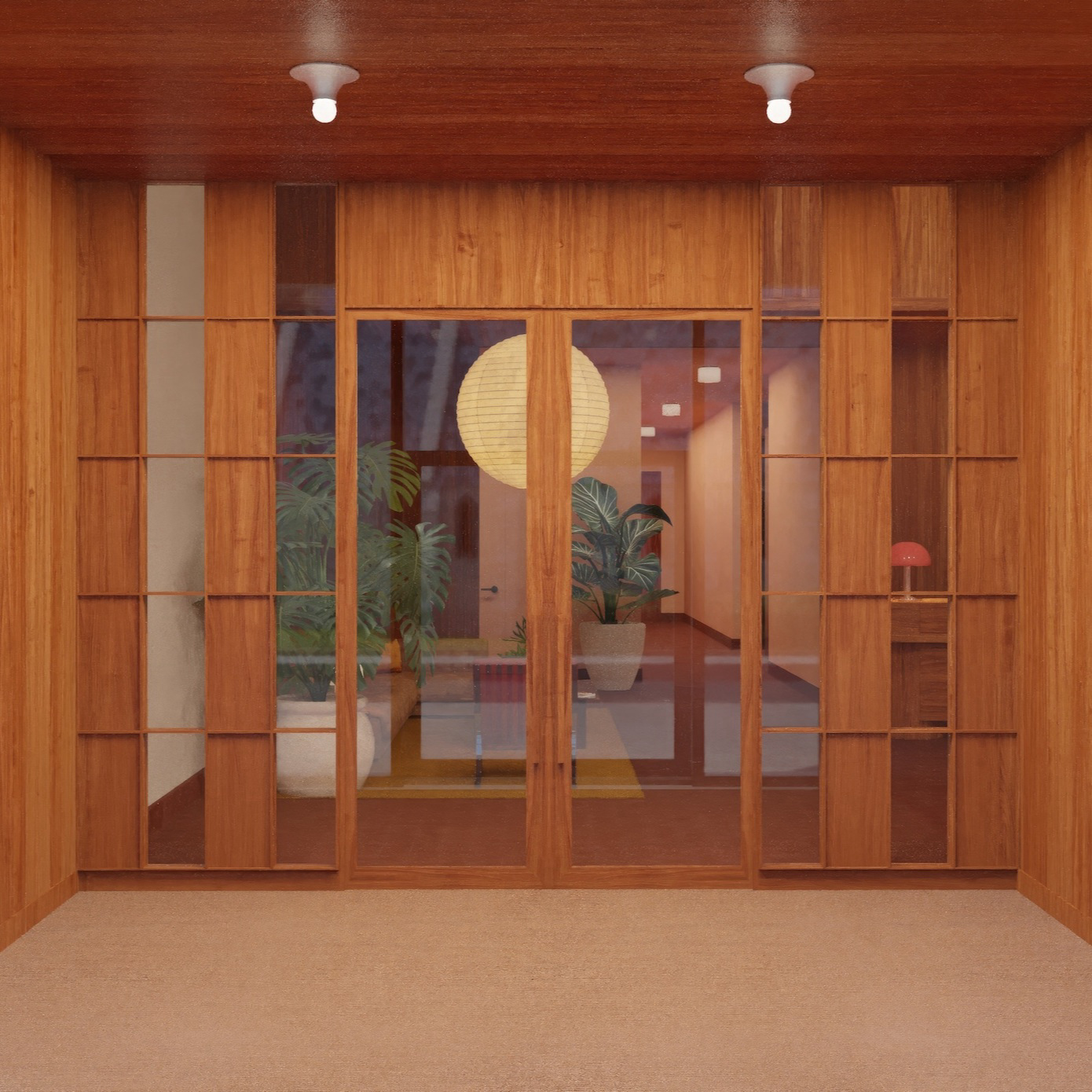
Pat Bosch doesn’t like to be pigeon-holed. As design director of Perkins+Will’s Miami office, she inspires, provokes and leads teams of experts in projects that span size, typology and cultures—formidable tasks that require serious versatility. Bosch personifies the humanistic approach that defines Perkins+Will’s 82-year-old legacy, where architecture is a means to fix, help and affect.
Bosch and architect Jose Gelabert-Navia co-founded Perkins+Will Miami in 1996, with the aim of expanding the firm’s work in the Americas. She took the job after meeting with then-CEO Henry Mann, whose socially responsible vision for the firm fascinated Bosch. Having worked for established architects like Richard Meier and Steven Holl, the invitation to craft a new venture from scratch felt urgent and exciting. They began by immersing themselves in their community, earning a reputation as out-of-the-box thinkers. Today, Bosch leads a staff of nearly 60 designers she’s recruited from around the world. As a conductor of sorts, her task is to hear a single melody—and ensure it is clearly understood.
“Pat has always insisted we talk to clients about a collaborative design process—even in the beginning, when most people weren’t interested,” Gelabert-Navia says. “Today, they expect it from us. Pat is the ringmaster who brings everyone together.”

Bosch’s ability to think and communicate in a plural way is a skill she’s been perfecting since childhood. Born in Cuba, she’s lived in three countries and speaks four languages. Her parents, both architects, designed schools and social housing, instilling values of rigor, fearlessness and compassion in their only child. “I want to leave things better than I found them,” Bosch says.
Bosch loves projects that are “unclassifiable”: hybrids of typologies that require new ways of thinking to reach a design that simultaneously solves problems and transforms lives. She was the lead architect for the Greater Accra Regional Hospital at Ridge, which opened in January as Africa’s first LEED-certified hospital. Faced with unreliable infrastructure, Bosch used simple, sustainable design techniques rooted in local culture, like natural ventilation and outdoor rooms. “It was not going to be the same kind of hospital you’d build in the West,” Bosch says. “It had to be about them and for them.”
She also led the team behind 1212 Lincoln Road, which comprises a hotel, open-air market and retail space slated to open next year in Miami Beach. “I call it the Spanish steps,” Bosch says, referring to Rome’s Piazza di Spagna. “It’s a theater of people and community.” She’s also completed Brazil’s L’Oreal Research and Innovation Center, and a mixed-use building for students at Miami-Dade College.

In 2013, Bosch’s team completed Saudi Arabia’s Princess Nora Bint Abdulrahman University, the world’s largest university for women. Each building is a metaphor for the women she met there: “They’re complex on the inside, silent on the outside. They’re smart and high-performing, interconnected and interdependent.” After the project’s completion, she presented it to the school’s administration and students, who stood up at the end and applauded with tears in their eyes. “They said, ‘You saw us and you heard us,’” Bosch remembers. “If that’s what I am here to do, I achieved it that day.”




